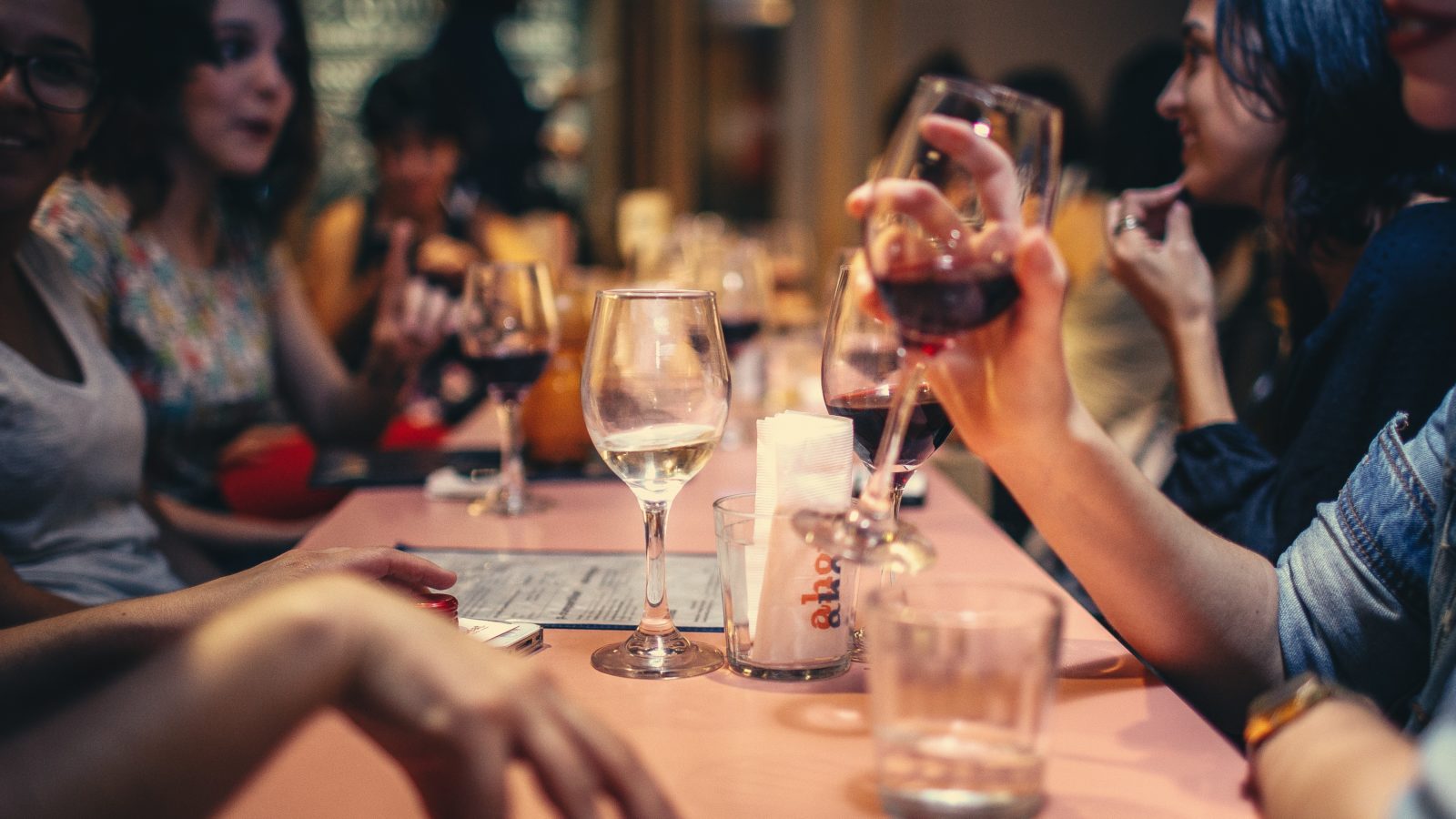Crowded spaces, socialising and choosing convenient food can successfully be ruled out as a thing of the past. Phobia of coming in contact with any kind of germs and preferring a home cooked meal over eating out is a trend on the rise. With a dip in consumer income, fluctuating consumer sentiment and shift in spending habits, Covid-19 has laid the foundation for a crisis in the restaurant industry.
Regular temperature checks for employees, distant sitting in restaurants, cashless payments, contact less delivery and touch less customer service. Covid-19 has accelerated the incorporation of these services into our routine life. With people prioritising their health more than ever now, the hygiene rating of a restaurant will be the new criteria for judgement.
Due to the hospitality industry being adversely affected, restaurant owners have turned to digital strategies to help them run their business. Having a robust logistics service to ensure that we can cater to the spiked delivery demands, actively communicating with the customers about our sanitation and hygiene protocols and being able to generate e-bills are all strategies we plan to explore. With restaurants consistently promoting their health and safety standards, being clinically clean will help them get preference in the near future.
With consumers being more selective and conscious about their choices a behavioural change is brimming under the surface. With the situation being so testing that a limited number of customers dining won’t be enough to sustain the business and the gathering of a crowd subjects the business to a number of risks. Either way survival in the hospitality industry will be an uphill battle.
We must learn how to live with the virus. Businesses who can habituate to the diverse market situations have a most optimum chance of survival. One has to acknowledge the presence of the virus whilst making company strategies, SOPs or even a simple pizza delivery. Simply going back to the pre-corona way of operation might not bear fruitful results as they did months ago.
Remodelling the seating arrangement to increase the distance between the tables, implementing social distancing, and mask utilisation are all substantial measures to bring about supply chain resilience. The predictable changes of a business that occur over a one year period are now not only difficult to predict but also will show a cyclical effect. With the monsoon, sales are taking a further hit. Shortly put, business seasonality has been replaced by disease seasonality.
Going ahead, employers are going to strive to maintain the balance between a business-centric and employee-centric approach. Work from home is not an ideal policy for restaurant and business owners, as nothing would be able to supersede physical communication and meetings to improve and ensure the highest levels of efficiency.
Advancement of the virus comes along with concomitant worries. Being stuck in this alien situation, a disruption of the restaurant ecosystem is fated. Until a vaccine is designed or there is a dip in confirmed cases, we do not expect business to bounce back. What we can certainly do is be better prepared and pioneer in the new trend. Amongst these times what we’re relying on is yet another technological revolution to save this stragerring industry. In a few months, restaurants who have acclimatised to the situation will survive as they will have found their unique solution to the crisis.


